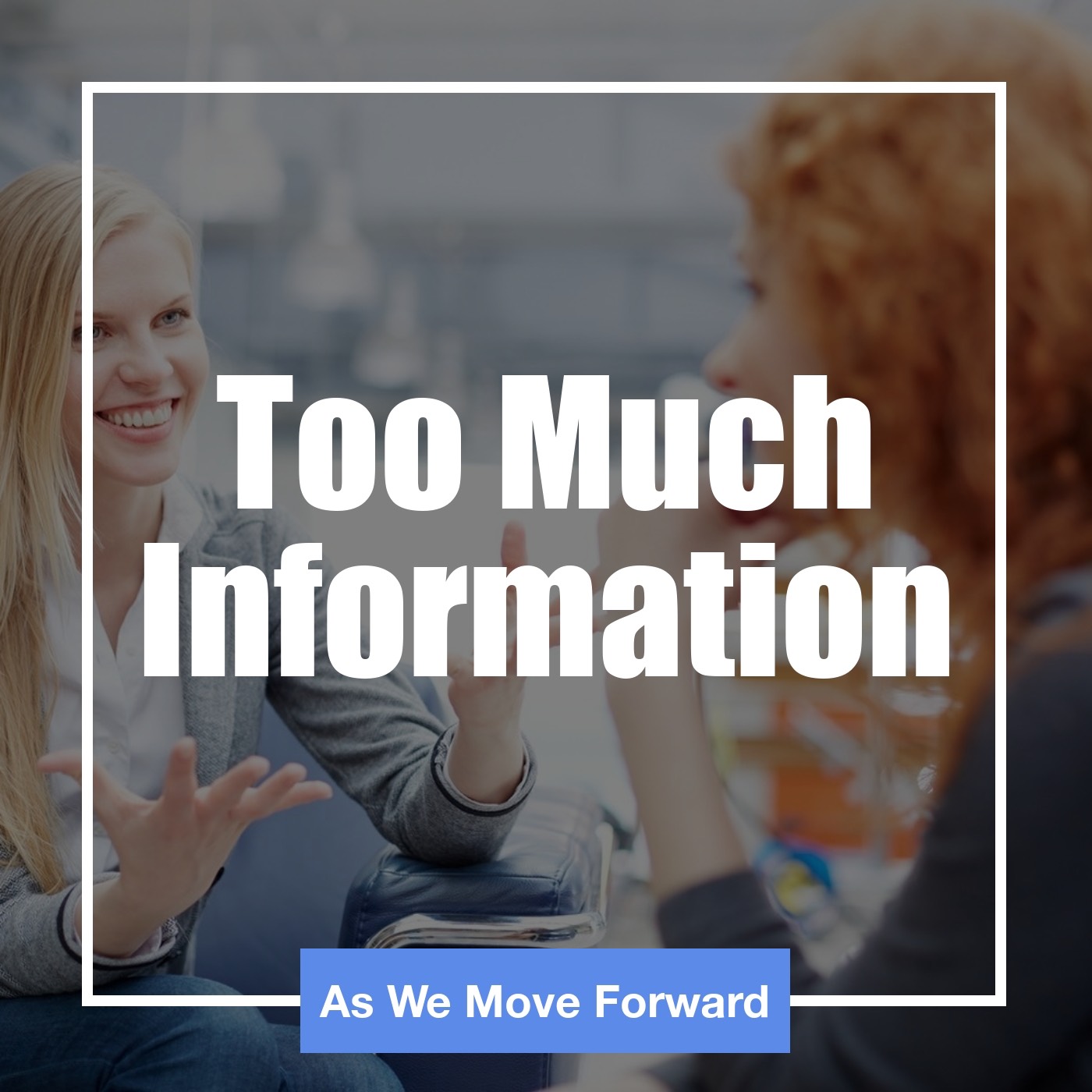 When you ask questions, do you ever find that the person you are speaking with tells you much more than you wanted in answer to your question? Very likely all of us have had that experience. Turning it around, how many of us find ourselves giving a more elaborate explanation than seems called for in the question we have been asked? Why do you think this is the case?
When you ask questions, do you ever find that the person you are speaking with tells you much more than you wanted in answer to your question? Very likely all of us have had that experience. Turning it around, how many of us find ourselves giving a more elaborate explanation than seems called for in the question we have been asked? Why do you think this is the case?
The answer to that will probably depend as much on how we process information. Some of us simply share everything we know every time we get the chance. Some of us seem to believe that the people we encounter in daily situations are interested in every detail of our lives. Other people act as if every word was worth its wait in gold, and they don’t share any more of them than absolutely necessary. Obviously, some balance between these two extremes in information sharing leads to healthy relationships.
We might find it useful to begin with ourselves and the others with whom we have close relationship to see how the exchange of information is carried out in our lives. Many of us have had someone in our lives who seemed to “love the sound of their own voice.” If this person was an authority figure in our lives, such as a parent, teacher, older sibling or supervisor, we may have had little if any choice in the relationship. In one of these cases, our response may be on the order of listening to the person without really hearing what are saying. This might be described as the equivalent of having a radio or TV on as “background” for an activity like studying. Asking someone in a situation like this what is being said on the background device might produce a response of, “I don’t know. Having it on helps me concentrate on what I’m doing.”
One benefit of using the internet is that it forces us to be specific in framing the question we are asking to be sure of getting the response we are seeking to the search for information.
 As we move forward it is important to be as aware as possible where our relationships fall on the too much / too little spectrum. If we are receiving too much information from people in our relationships, we might benefit from some basic trading in empathic listening to learn how to help the one speaking get their thoughts out with greater clarity.
As we move forward it is important to be as aware as possible where our relationships fall on the too much / too little spectrum. If we are receiving too much information from people in our relationships, we might benefit from some basic trading in empathic listening to learn how to help the one speaking get their thoughts out with greater clarity.
The benefits of even modest efforts in this direction can make our relationships more satisfying for everyone involved. Let us strive to move forward together in striving to make each of our relationships the very best it can be.
If you would like to receive new As We Move Forward posts, please subscribe to the As We Move Forward mailing list by clicking here. I release entries on a bi-weekly basis.We have a podcast containing the As We Move Forward articles read by Jae Bloom.

